25 Books That Will Make You the Most Interesting Person in the Room

Some people will turn their noses up at book genres like beach reads and fantasy. But the truth is that reading anything (or listening to audiobooks!) is amazing for your mental health, brain function, and educational pursuits. However, if you’re really trying to impress, there are certain books that will spark conversations and maybe even make you the most interesting person in the room. To that end, here’s a list of 25 books—from fiction to nonfiction to self-help—that will get your brain tingling by the time you’ve reached the last page.
Prices are current at the time of publication but are subject to change.
RELATED: The 20 Most Famous Historical Fiction Books Worth Reading.
1
The Art of War by Sun Tzu
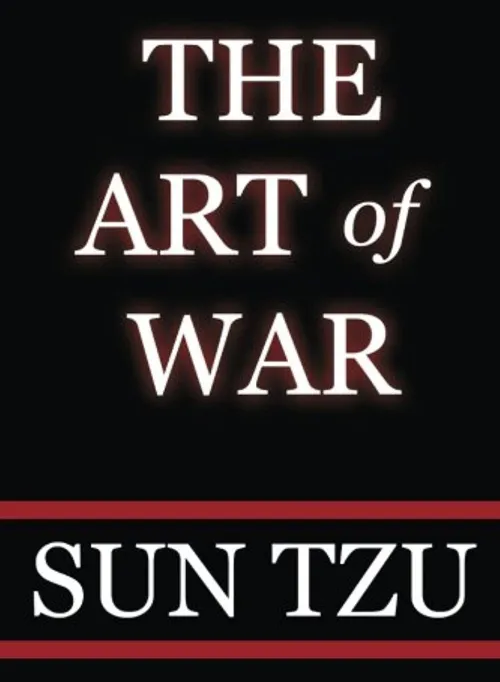
This book about military strategy from 5th-century BC Chinese general Sun Tzu is something of a cliche, as people are very quick to turn to it for inspiration when dealing with challenges that don’t involve massive pitched battles between ancient warriors. Still, there’s a reason why athletes, businesspeople, politicians, and more keep revisiting Sun Tzu’s millennia-old text. There’s a lot that a tactical mind can glean from it.
2
Brief Answers to the Big Questions by Stephen Hawking
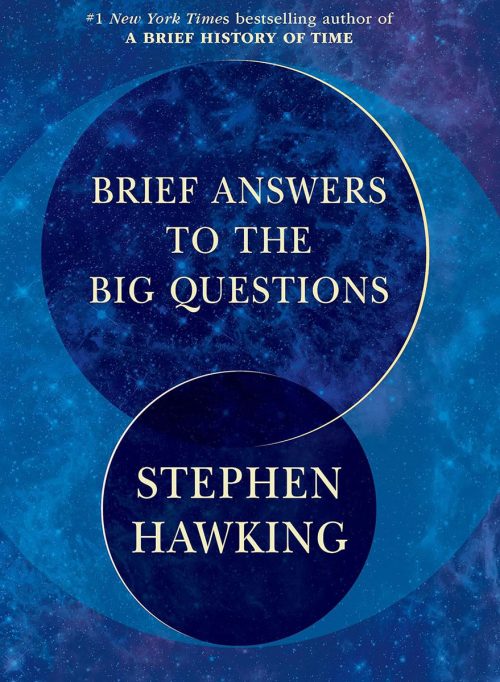
Stephen Hawking, one of the most famous physicists in history, died before the completion of this 2018 book. It’s partly an accessible explainer of intense scientific questions and partly a series of essays reflecting Hawking’s unique view of the world and the problems facing it. (The great scientist’s colleagues and family finished the incomplete text before publishing it.) Above all, Brief Answers to Big Questions emphasizes the importance of science and using our intelligence to better the reality we live in.
3
Consider the Fork: A History of How We Cook and Eat by Bee Wilson
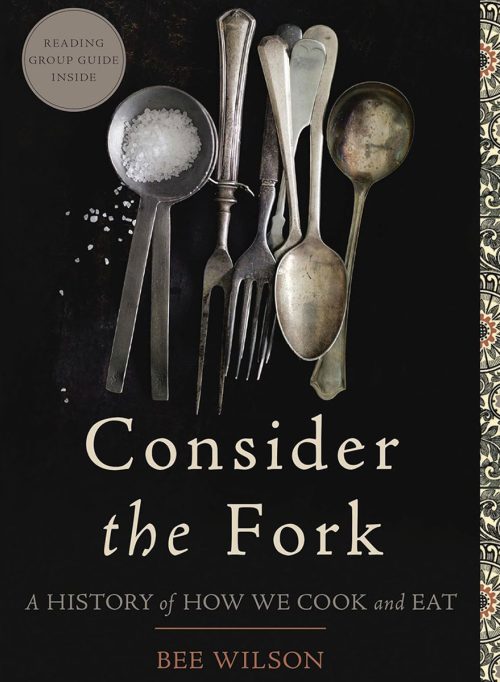
One of the marks of an intelligent, curious mind is that it doesn’t take things for granted. Bee Wilson’s 2013 book Consider the Fork thoughtfully explores the history of one of the most basic things that human beings do: Eat. It’s an eye-opening (and occasionally mouth-watering) read that will have you appreciating your next meal on a deeper level.
4
The Chaos Machine: The Inside Story of How Social Media Rewired Our Minds and Our World by Max Fisher
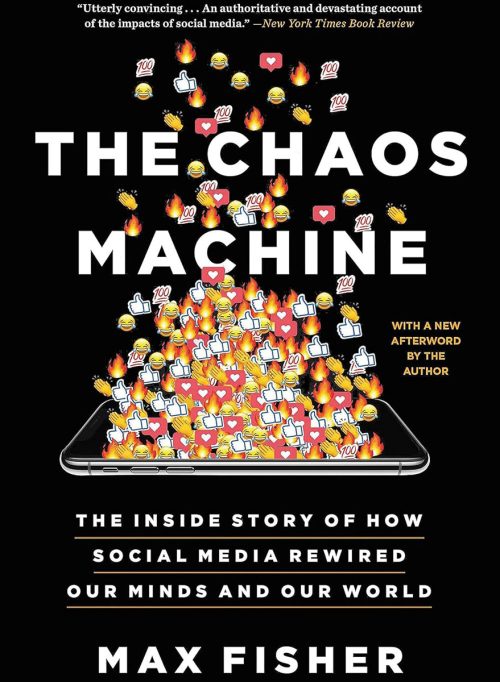
Journalist Max Fisher’s 2022 book The Chaos Machine is a revealing, upsetting examination of how social media has fundamentally impacted human culture and behavior—largely for the worse.
5
Creativity, Inc.: Overcoming the Unseen Forces That Stand in The Way of True Inspiration by Edwin Catmull and Amy Wallace
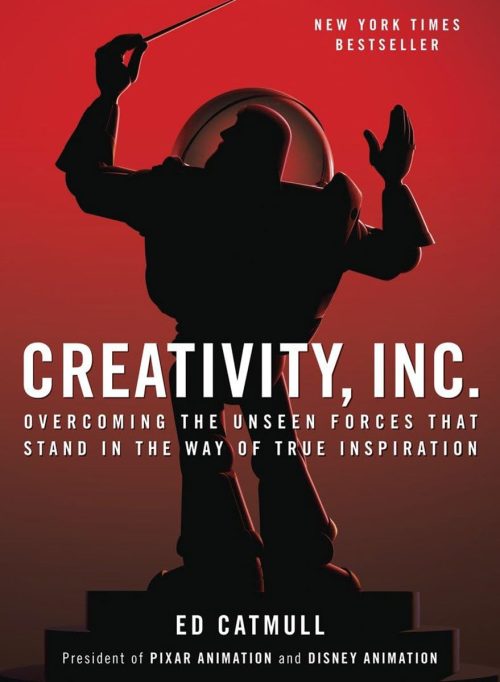
Edwin Catmull co-founded Pixar, one of the most innovative entertainment companies around and, barring a few recent missteps, one of the most successful ones from a business standpoint, too. Creativity Inc. has become a go-to text for creatives and business people alike who wish to emulate how Pixar reaches to infinity and beyond.
RELATED: The 25 Best True Crime Books Ever Written.
6
Cryptonomicon by Neal Stephenson
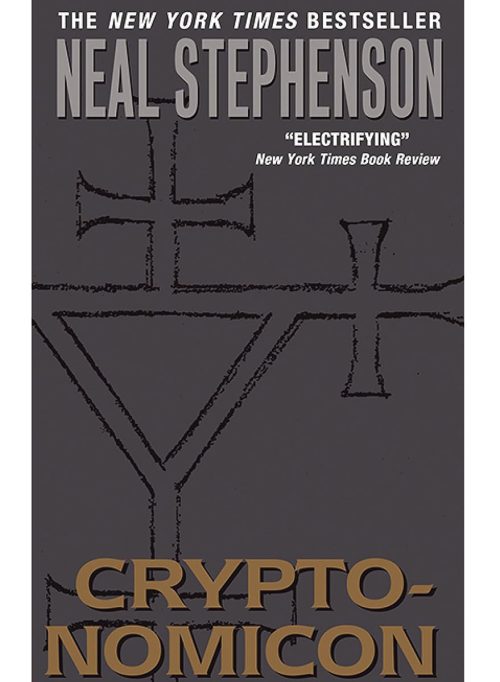
This 1999 novel by Snow Crash author Neal Stephenson blends historical fiction with techno-thriller. WWII-era codebreakers and ‘90s tech experts find themselves in a complex story about secrets and cyberspace. Stephenson is known as an especially geeky author, and Cryptonomicon is no exception. Despite all the technical jargon and informative exposition about things like cryptography and digital formats, though, it’s still a thrilling read.
7
The Demon-Haunted World: Science as a Candle in the Dark by Carl Sagan
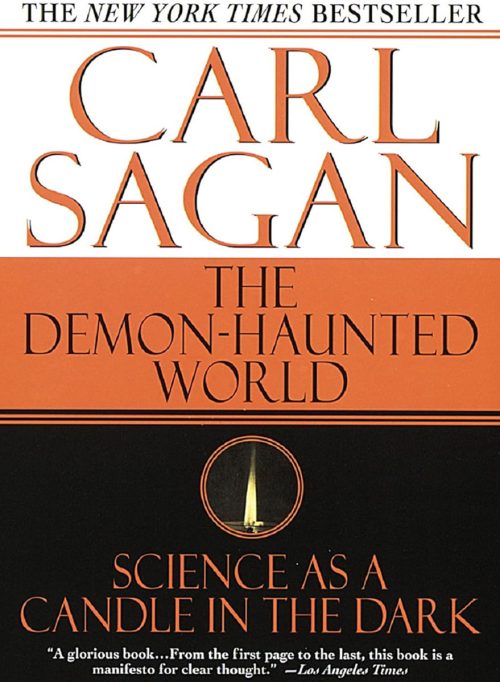
The great astrophysicist Carl Sagan picked an evocative title for this 1995 book, but it’s a fitting one. Using accessible but poetic language (as was Sagan’s way), he makes a case for the importance of science and teaches the reader how they can better understand and interact with the world around them by rejecting pseudoscience and embracing the sort of skepticism that leads brilliant people to question things until they find a breakthrough.
8
Eats, Shoots & Leaves: The Zero Tolerance Approach to Punctuation by Lynne Truss
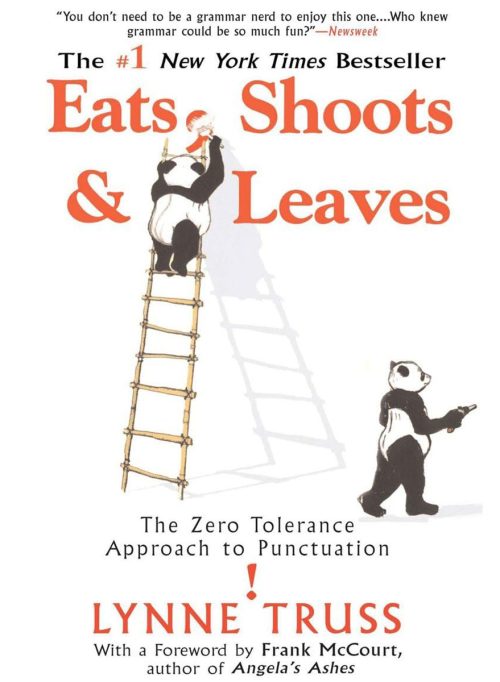
You’ll never look at a comma the same way after reading this 2003 book, which explains the importance of punctuation and grammar in the English language. An example can be found in the book’s title; depending on where you place the punctuation, Eats, Shoots & Leaves could either refer to a panda’s diet of bamboo or a panda that fires a gun before departing. Pretty big difference, don’t you think!?
9
Genome: The Autobiography of a Species in 23 Chapters by Matt Ridley
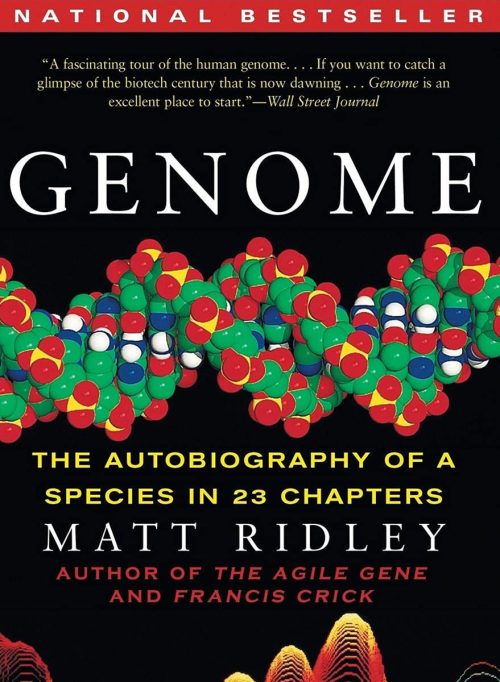
Though this 1999 book has received some criticism, Genome is a fascinating insight into what makes us. Broken down, as the title suggests, into 23 chapters that roughly align with one of the 23 pairs of chromosomes that add up to a person, Genome will give you a better understanding of the scientific facts that make you smart in the first place, along with pretty much everything else that contributes to the human makeup.
10
Guns, Germs, and Steel: The Fates of Human Societies by Jared Diamond
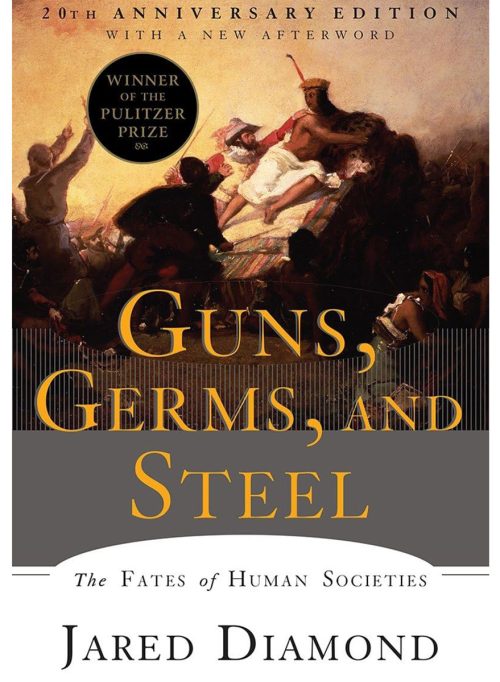
Author Jared Diamond’s 1997 book will help you understand a lot about why the world looks the way it does. In Guns, Germs, and Steel, Diamond convincingly argues that there’s nothing special about Eurasian peoples or cultures that made them “better” than the peoples of the Global South. Instead, they were just lucky for a host of reasons he lays out, including having more domesticable animals, geographical advantages, and more. It’s the type of book that just might change the way you think about the world.
RELATED: The 15 Best Psychological Thrillers to Keep You on the Edge of Your Seat.
11
How to Take Over the World: Practical Schemes and Scientific Solutions for the Aspiring Supervillain by Ryan North
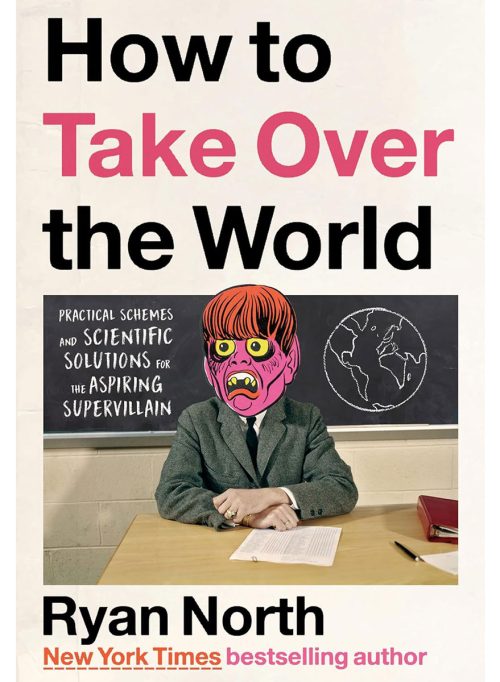
Ryan North, best known as the cartoonist behind the popular quirky webcomic Dinosaur Comics and the writer of comics like The Unbeatable Squirrel Girl, wrote this 2022 book that offers a funny, informative run-down of all the information a would-be supervillain might need. Subjects include the factors that make for a good location for one’s evil lair, pursuing immortality, and more.
12
How to Win Friends & Influence People by Dale Carnegie
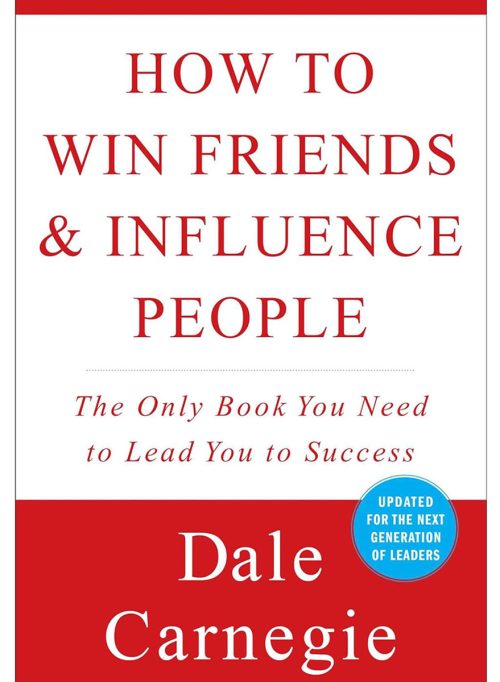
A classic for a reason, Dale Carnegie’s 1936 book is a seminal self-help text. Though it’s received some updates in the nearly 90 years since it was first published, How to Win Friends & Influence People still has a lot to teach readers about self-confidence, public speaking, changing minds, and other ways to succeed in business and in your personal life.
13
Made to Stick: Why Some Ideas Survive and Others Die by Chip and Dan Heath
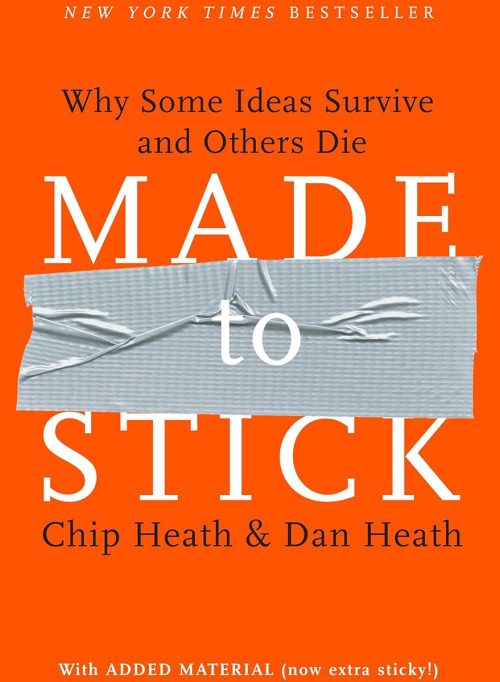
This 2007 book by brothers Chip and Dan Heath is less interested in what makes for a good idea (though that’s part of it) than what makes for a good pitch. A great concept might not be all that great if you can’t get people to pay attention and remember it. An informative psychology book and a good source for business tips, Made to Stick will leave a lingering impression on the reader—as you’d expect it to, given the subject.
14
Mars Trilogy by Kim Stanley Robinson
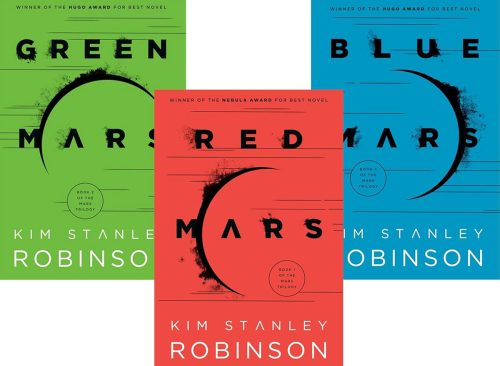
Author Kim Stanley Robinson’s trio of books about the colonization and terraforming of Mars—Red Mars (1992), Green Mars (1993), and Blue Mars (1996)—is a sweeping, expansive sci-fi epic that presents an optimistic (if complicated) vision of humanity’s future. They are also incredibly dense, almost as full of real and theoretical scientific information as they are characters, as the trilogy spans 200 years.
15
Meditations by Marcus Aurelius

Roman Emperor Marcus Aurelius’ collection of musing and self-improvement writings was recently featured in the 2023 comedy-drama The Holdovers, where the book seems to be the only gift that Paul Giamatti’s uptight professor deems worthy of giving. Jokes aside, Meditations is another one of those texts that has remained popular for so long for a reason, as Aurelius has a lot to offer readers even if they aren’t the Emperor of Rome.
RELATED: The 25 Best Audiobooks Narrated by Celebrities.
16
Moby Dick by Herman Melville

The classic 1851 tome Moby Dick makes it on this list because Herman Melville spends so, so, so much time talking about the intricacies of whaling. You will become so much smarter (re: whaling) after reading this, and you will also look smarter because people will see you and say “Hey, that guy’s reading Moby Dick.”
17
The Man Who Mistook His Wife for a Hat and Other Clinical Tales by Oliver Sacks
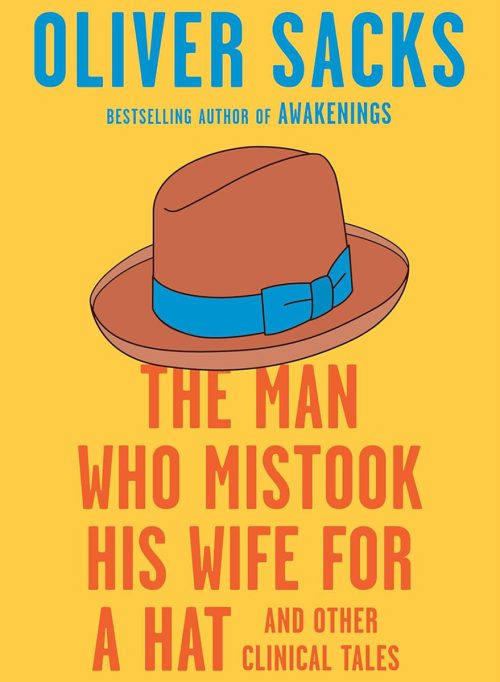
The late neurologist Oliver Sacks’ 1985 book is a collection of essays and case studies from his practice that will fill you with disbelief, awe, and wonder at the ways the human brain works—or, in some cases, doesn’t work. The book gets its title from one of Sacks’ patients who had visual agnosia, a neurological condition that impacted his ability to recognize objects as a whole. This leads to him, well, mistaking his wife for a hat at one point. Sacks, writing in intelligent but accessible language, explains how this is possible, along with several other stories about the quirks of the mind.
18
1984 by George Orwell
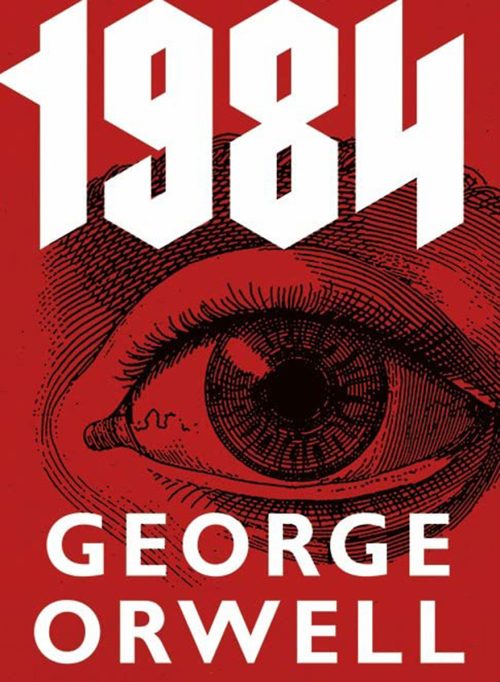
This is one of those books you probably read back in high school English class, but it’s well worth revisiting as an adult. A gripping and massively influential tale about dystopia, fascism, and the power of language and propaganda, 1984 still has plenty to teach now that the year 1984 is the increasingly distant past rather than the far-off future. And, unlike a lot of books you might’ve read in high school, 1984 is an entertaining story, too.
19
Other Minds: The Octopus, the Sea, and the Deep Origins of Consciousness by Peter Godfrey-Smith
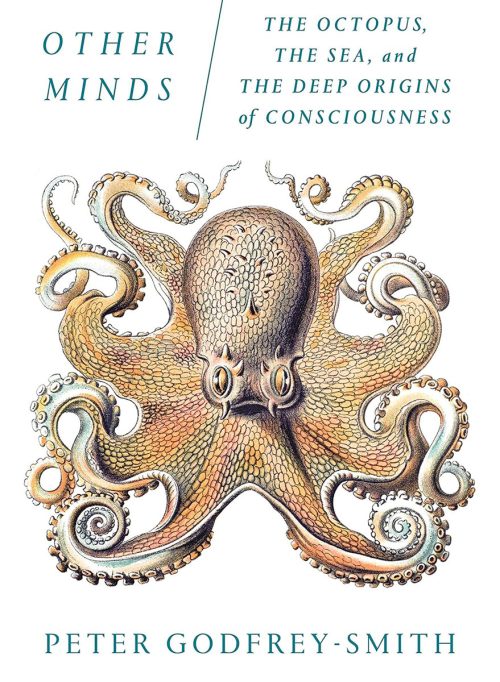
You might be reading books to get smarter, but there are other intelligent creatures out there. Peter Godfrey-Smith’s 2016 book Other Minds looks at cephalopods, an animal branch that includes octopuses, squid, and cuttlefish, and examines how strikingly intelligent these sea creatures are. You’ll have a renewed appreciation for intelligence in all forms, a deep respect for our tentacled friends, and perhaps an aversion to calamari.
20
Remembrance of Earth’s Past by Liu Cixin
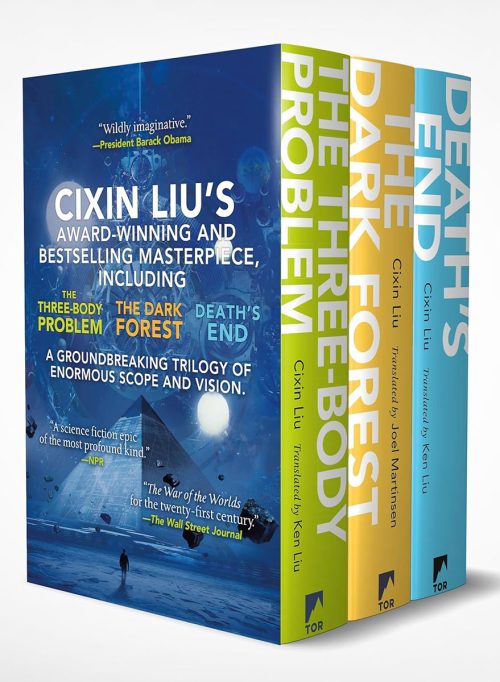
One of the most acclaimed sci-fi series of the modern era, Chinese author Liu Cixin’s trilogy of books—The Three-Body Problem (2006), The Dark Forest (2008), and Death’s End (2010)—are a breathtaking, mind-blowing saga. When the world discovers that aliens will invade Earth in 400 years, humanity must attempt to find the means to counter it, which is much easier said than done. Remembrance of Earth’s Past is complex and cerebral, and it will likely introduce the reader to some concepts that will sit with them for days to come. (The meaning of the second book’s title is especially astounding.)
RELATED: How to Start a Book Club: 10 Tips From Experts.
21
Sapiens: A Brief History of Humankind by Yuval Noah Harari
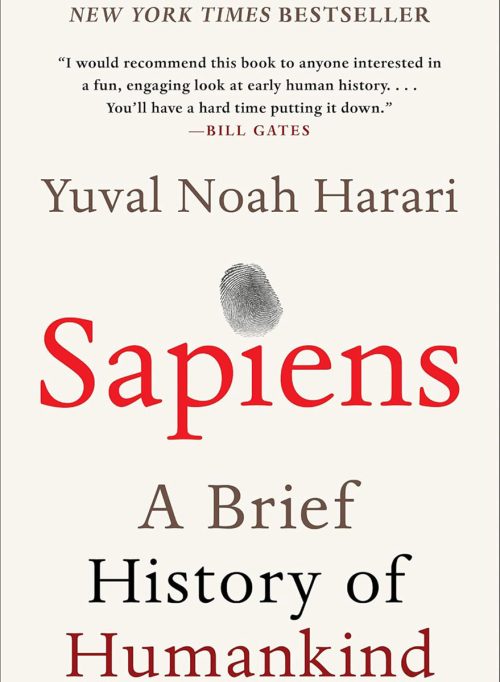
Yuval Noah Harari’s 2015 bestseller uniquely blends history and science to document our species’ rise to global dominance rather than solely focusing on factors like evolution or the course of nations. He then takes that complex past and applies it to humankind’s current successes and struggles. The result is a brilliant book about who we are and who we might want to be.
22
A Short History of Nearly Everything by Bill Bryson
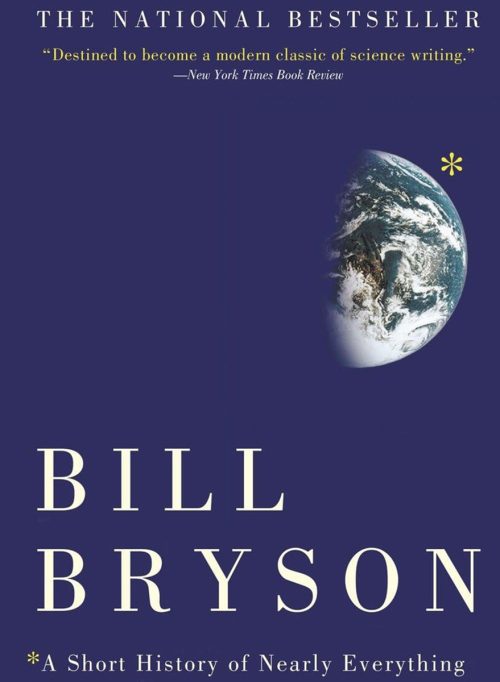
So much knowledge feels like it’s locked behind expertise, especially in scientific fields, where getting to the “good stuff” means comprehending technical information. Luckily Bill Bryson’s 2005 book is a fantastically accessible, informative, and entertaining work of popular science. A Short History of Nearly Everything makes topics like astronomy, chemistry, and physics as interesting as they actually are to the layperson.
23
Thinking, Fast and Slow by Daniel Kahneman
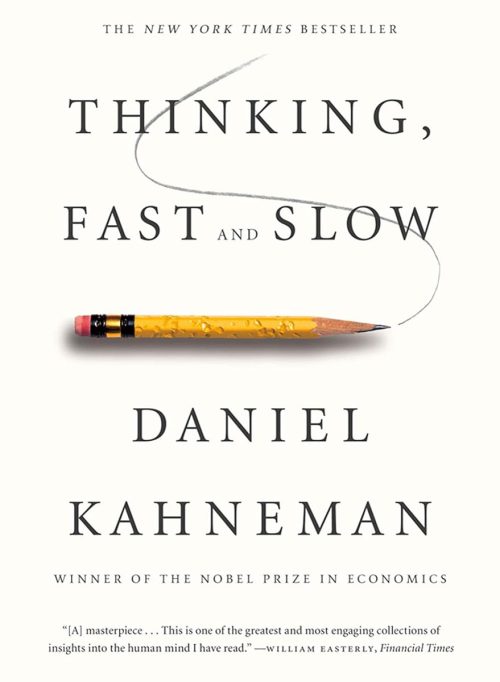
Psychologist Daniel Kahneman’s 2011 self-help book aims to change the way you think, or at least to get you thinking about the way you think. Thinking, Fast and Slow lays out a case that there are two ways of thinking: Some circumstances call for fast, instinctive responses, while others require slower, more logical pondering.
24
Understanding Comics: The Invisible Art by Scott McCloud
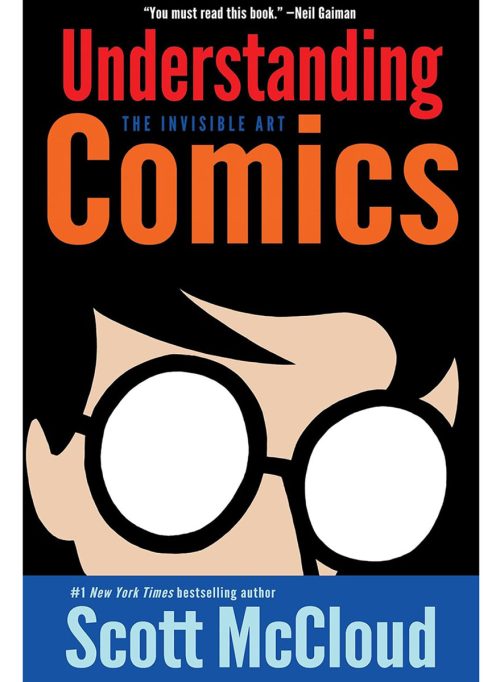
Cartoonist Scott McCloud’s 1993 book Understanding Comics is a comic book itself, and it makes great use of the medium to explain the complexity of comics. For instance, “time” in comics operates left-to-right and can be altered by a whole bunch of subtle factors, like how far apart panels are. Understanding Comics will make you marvel at this art form in a whole new way.
25
What If? Serious Scientific Answers to Absurd Hypothetical Questions by Randall Munroe
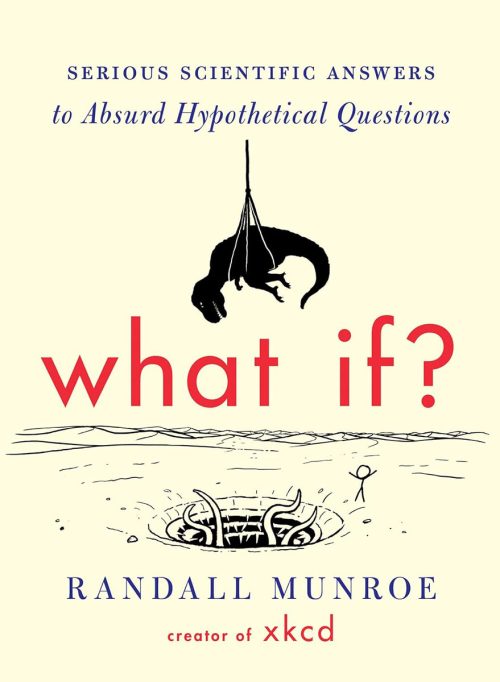
Randall Munroe, best known as the man behind the geeky webcomic xkcd, brings his wry humor, intelligence, and stick-figure illustrations to really odd but interesting questions in this 2014 book. For instance, what would happen if you hit a baseball pitched at 90 percent of the speed of light? Was that a question you’d considered before now? Probably not, but you’ll be thrilled to know that Munroe has an answer. (There would be an explosion; umpires would likely rule it hit by pitch.)